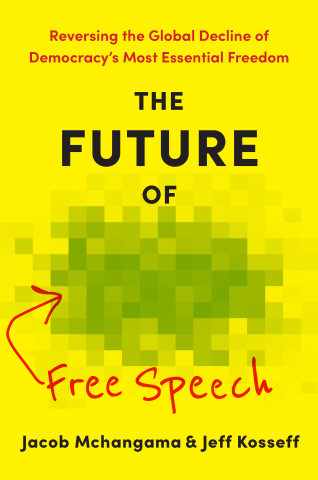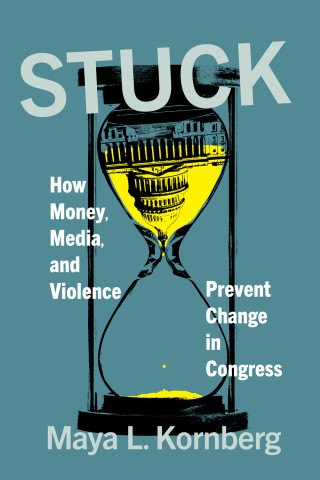
Reviews
A very impressive work... Absolutely essential for scholars and students of Latin America and highly recommended generally.
Reflections on Uneven Democracies is a highly effective testament to the remarkable intellectual career and influence of Guillermo O’Donnell, unquestionably the dominant figure in the study of Latin American politics since the early 1970s. What sets this book apart is its systematic effort to explore O’Donnell’s impact on subsequent scholarship, assess the current state of the field, and break new conceptual, theoretical, and empirical ground in democracy studies. A must-read for all scholars engaged in the comparative study of democracy, this book will reshape the research frontier for many years to come.
This is a most fitting tribute to one of the towering figures in comparative politics of the past half century. The wide variety of topics addressed, the rigor of analysis, and the quality of the contributors reflect the breadth and depth of the scholarship of Guillermo O’Donnell and the impact of his teaching.
This volume is a must-read for all who are concerned with development and Latin American political economy. It brings together two generations of leading international scholars who probe themes such as regime dynamics and stability, party politics and institutions, and the quality of democratic governance. The pieces build to a contribution that is reminiscent of O’Donnell himself: brilliant, quirky, important.
Book Details
Preface
Introduction. Guillermo O'Donnell and the Study of Democracy
Part I: Democratic Breakdowns, Survival, and Transitions
Chapter 1. Democratic Breakdown and Survival in Latin America, 1945–2005
Chap
Preface
Introduction. Guillermo O'Donnell and the Study of Democracy
Part I: Democratic Breakdowns, Survival, and Transitions
Chapter 1. Democratic Breakdown and Survival in Latin America, 1945–2005
Chapter 2. Argentina's Democracy Four Decades after Modernization and Bureaucratic-Authoritarianism
Chapter 3. Reflections on "Transitology": Before and After
Part II: The Political Economy of Democracy and Authoritarianism
Chapter 4. Rentier Populism and the Rise of Super-presidents in South America
Chapter 5. Democracy and Markets: Notes on a Twenty-First-Century Paradox
Chapter 6. Inequality and Democracy: Latin American Lessons for the United States
Chapter 7. Economic Performance, Political Competition, and Regime Stability in Postwar Latin America
Part III: Weak Formal Institutions, Rule of Law, and Delegate Democracy
Chapter 8. Theorizing a Moving Target: O'Donnell's Changing Views of Postauthoritarian Regimes
Chapter 9. Building Institutions on Weak Foundations: Lessons from Latin America
Chapter 10. Inequality and the Rule of Law: Ineffective Rights in Latin American Democracies
Chapter 11. Unpacking Delegative Democracy: Digging into the Empirical Content of a Rich Theoretical Concept
Chapter 12. Accountability Deficits of Delegative Democracy
Part IV: Human Agency and the Quality of Democracy
Chapter 13. Democracy, Agency, and the Classification of Political Regimes
Chapter 14. Democracy and Democratization: Guillermo O'Donnell's Late Attempt to Rework Democratic Theory
Part V: Guillermo O'Donnell and the Study of Politics
Chapter 15. "A mí, sí, me importa": Guillermo O'Donnell's Approach to Theorizing with Normative and Comparative Intent
Conclusion. Studying Big Political Issues
Timeline
References
List of Contributors
Index





